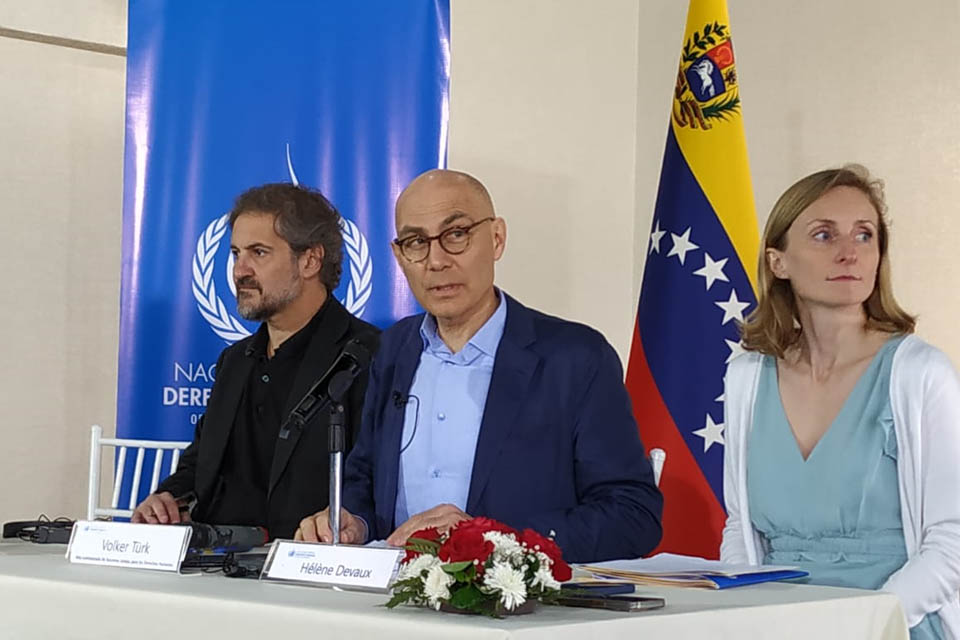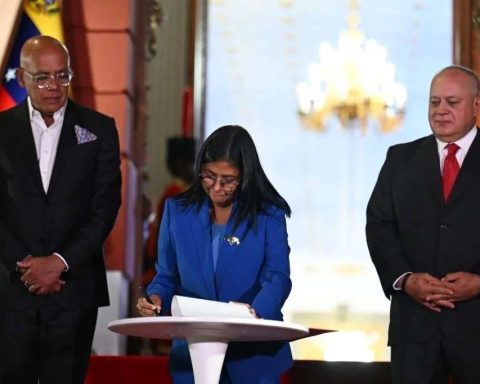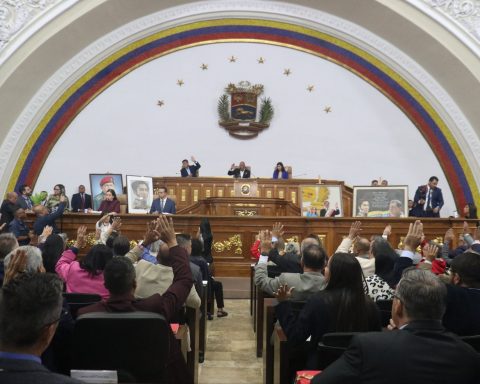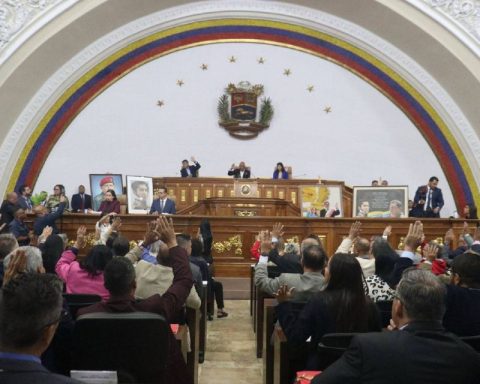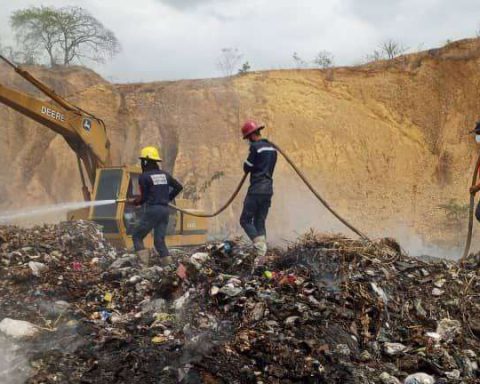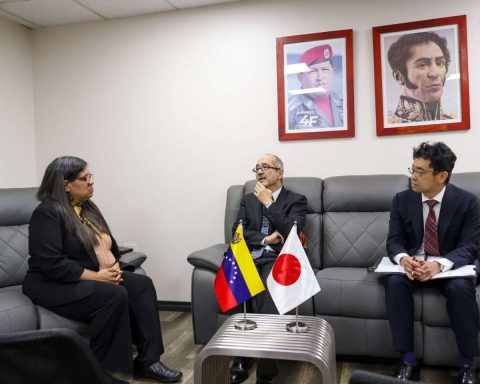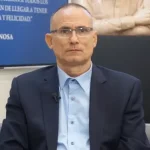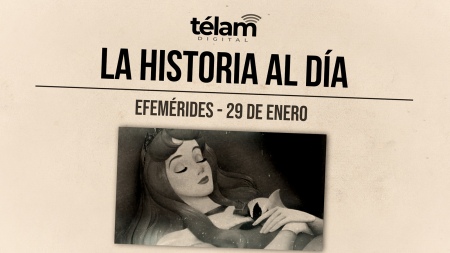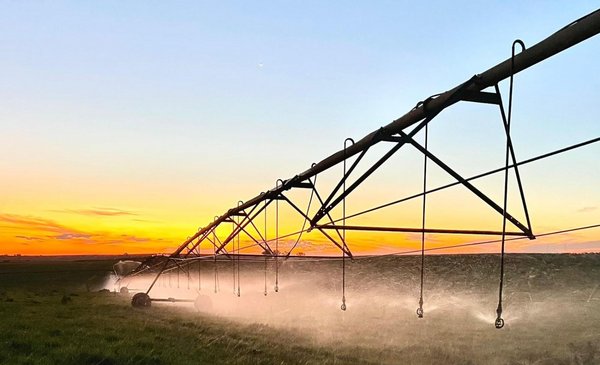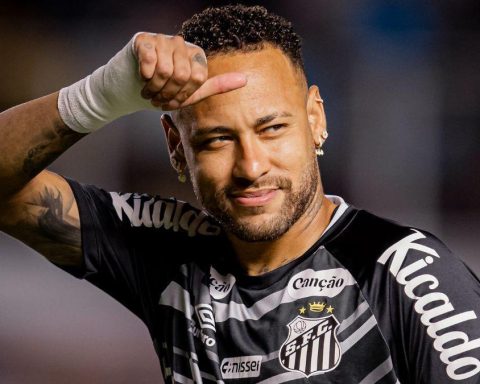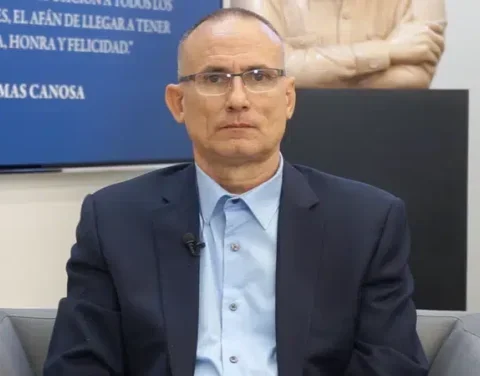The United Nations High Commissioner Volker Türk asked in a press conference upon his departure from the country “to put an end to torture once and for all” and to limit “the extensive and prolonged use of pretrial detention.” Too he referred to a greater extent to the impact of the various crises in the country, which require simultaneous interventions by various actors, including United Nations agencies. He recalled that there are more than seven million people who need humanitarian aid
The United Nations High Commissioner for Human Rights, Volker Turkrequested this Saturday, January 28, the release of all prisoners “arbitrarily detained” in the country, as well as credible investigations into forced disappearances, torture and extrajudicial executions.
In a press conference from the Maiquetía international airport, the UN official pointed out that the administration of Nicolás Maduro was given a detailed list of political prisoners that he hopes will be released. He stated that his Office will closely monitor the situation of these people, as Emirlendris BenitezÁngela Expósito, Lieutenant Colonel Igbert Marin (currently on hunger strike) or Professor Javier Tarazona.
Türk, who announced the renewal for another two years of the memorandum of understanding between his office and the Maduro administration, also hopes that his officials will soon have access to all detention centers, including those run by the military, to review the conditions of the detainees. in the country.
another question denounced by the High Commissioner were the tortures committed against people who were arbitrarily detained or forcibly disappeared, in line with previous reports from his Office, when it was managed by Michelle Bachelet, and the Fact-Finding Mission.
*Read also: SPECIAL | The republic that tortures
He said that he was able to listen to the story of various victims and their relatives, including that of the sister of a woman who was arrested and raped. Türk also called for “an end to torture once and for all” and to limit “the extensive and prolonged use of pretrial detention.”
“I was promised that the complaints of torture would be dealt with, they would be investigated and those responsible prosecuted,” he said. For this reason, he asked the Government to strengthen the National Commission against Torture and to ratify the International Convention on Forced Detentions.
Regarding extrajudicial executions, he said that there is “a lot of anxiety and trauma” and it is imperative “to listen to the relatives and victims of this scourge.” The Austrian, who has been visiting the country since January 26, insisted that the issue must be taken and reviewed “very seriously” by the Venezuelan authorities.
In addition to the meetings with the Venezuelan Executive and representatives of various public powers, such as Deputy Jorge Rodríguez and Judge Gladys Gutiérrez, also had the opportunity to hold meetings with delegates opposed to the negotiation and more than 125 victims of serious human rights violations, defenders and national NGOs.
In conversations with the Executive and other powers, the High Commissioner indicated that he had the opportunity to raise his concerns about the rupture of the Venezuelan civic space, especially after the approval in the first discussion of a bill that intends to supervise NGOs.
He asserted that he raised his particular concerns regarding this law after complaints of new restrictions on the rights of association, personal freedoms or assembly, which he insisted “must be guaranteed.”
*Read also: NGO: New law seeks control of all aspects of Venezuelan society
He also noted that after the meeting with President Nicolás Maduro, he expressed his intentions to “improve” the justice system, for which he said that his office is willing to provide all the support to achieve this goal.
Impact of the social crisis
The United Nations High Commissioner made further reference to the impact of the various crises in the country, which require simultaneous interventions by various actors, including United Nations agencies. He recalled that there are more than seven million people who need humanitarian aid.
Volker Türk highlighted at the press conference that he was able to verify the fragmented and divided state of Venezuelan society and the fractured trust of political groups, in addition to the urgent need to build that trust between the authorities and society to resolve the crisis. .
“It is important to overcome the divisions and rebuild the social contract between Venezuelans,” even with the support of other countries, the UN High Commissioner mentioned.
Among other things, and after meetings with civil society and NGOs, he highlighted the importance of addressing the social crisis, the depoliticization of human rights and He also requested that the impact of unsafe abortion in the country and its possible decriminalization be taken into account.
He also heard about the impact that the sanctions have on the Venezuelan economy. “Although the roots of the economic crisis predate the sanctions, they have deteriorated and aggravate the situation,” a phrase that her predecessor had already repeated in official reports and oral updates.
For this reason, the High Commissioner formally requested the countries to lift or suspend the sanctions that directly affect the country’s economy.
Regarding the negotiation, he expressed his support for this exit and asked that all the victims be heard and that a meaningful dialogue be established for the Venezuelan population.
“Both parties have to reflect on the future they want for Venezuela and my office is ready to build bridges between the population and the political sectors,” the official said.
Regarding the situation of migrants and refugees, he asked the Venezuelan government to take the pertinent actions and support the UN agencies for the safe return of Venezuelans to their own country.
The situation in Venezuela in terms of human rights has been closely followed by the Office of the High Commissioner since 2017, when two reports were produced on the situation in the country derived from the anti-government protests of that year.
In 2019, after the Office’s mandate change, former Chilean President Michelle Bachelet visited the country and deplored the situation in terms of personal freedoms and association, as well as the number of forced disappearances, arbitrary detentions, torture and extrajudicial executions, which which led her to repeatedly request the dissolution of security forces such as the Special Action Forces (FAES), an arm of the PNB.
Post Views: 1,206
